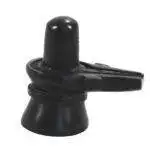Buying Goats with the Bhopi in Rajasthan
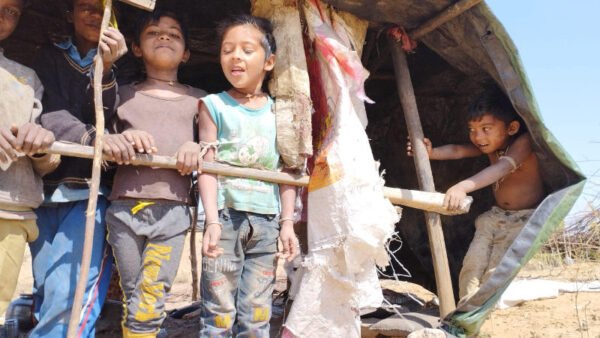

On my way through India to Nepal, I stopped off at Pushkar, a place I’d always meant to visit but somehow never made until now. Pushkar is a pilgrimage town, nestled beneath Ajmer in the desert of Rajasthan. And it, being the home to the only Brahmi temple in the world, is considered an essential pilgrimage destination that every Hindu should make at least once in their lives in order to guarantee salvation. And so, I surmised, it could do me no harm to see what the fuss was about.
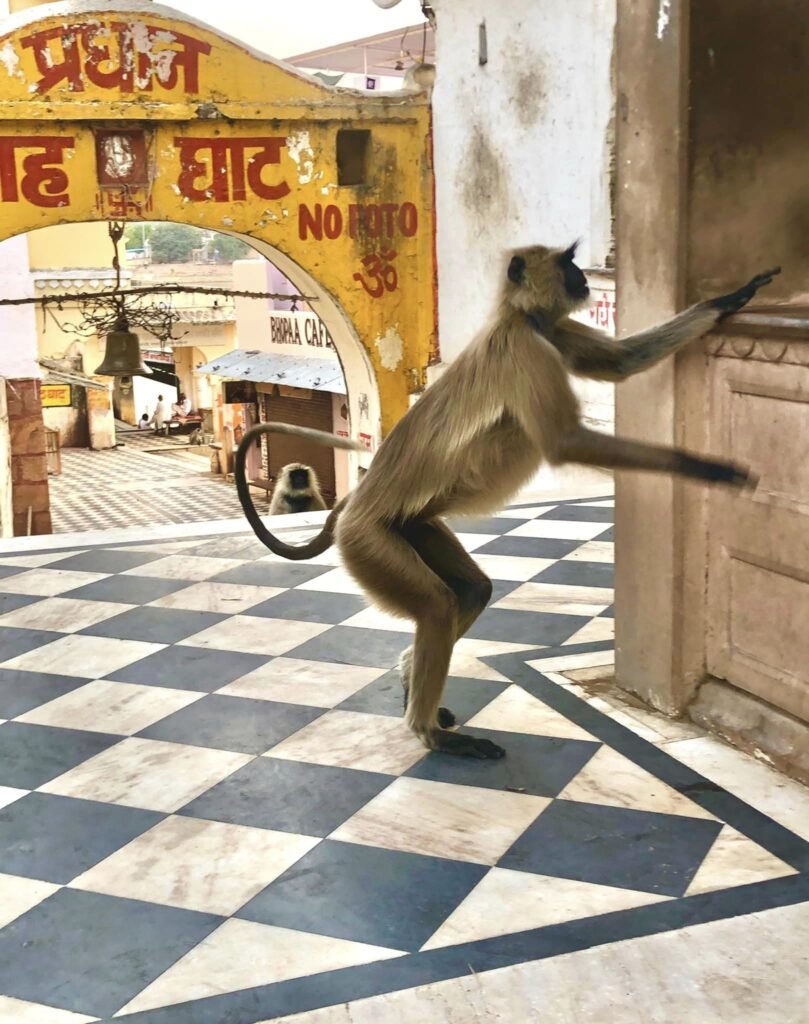
Pushkar was a truly mesmerising, colourful, chaotic parcel of Indian energy, seeping through cobbled streets that wove around its sacred lake. The streets were packed with a river of never-ending colour, smells and song. There were street vendors and holy men, scam artists and beggars at every corner, with motorbikes, cows and street dogs adding to the craziness. At sunset, long-tailed monkeys came out to play on the temple steps, stealing some biscuits and grooming each other for bugs, as the sun dropped into the lake to bathe in its cool water.
Aside from its prominence on the religious front, Pushkar is also home to the famous Rajasthani camel market held once a year, in November, and contested to be one of the largest in India. And as such, there is a strong presence of these humped beasts all year round, together with the nomadic gypsies who rely on them. The gypsies live in rudimentary desert camps outside the town itself, and as they don’t own the land per se, they frequently have to travel to a new location as a collective group, as and when they are moved on by the current landowners. These nomadic travellers are borne into the Bhopi caste, a caste of folk musicians famed for their song and dance narrative of the folk deities, where they perform with an ancient hand carved stringed instrument suggested to be the precursor to the violin, the Ravanahatha.
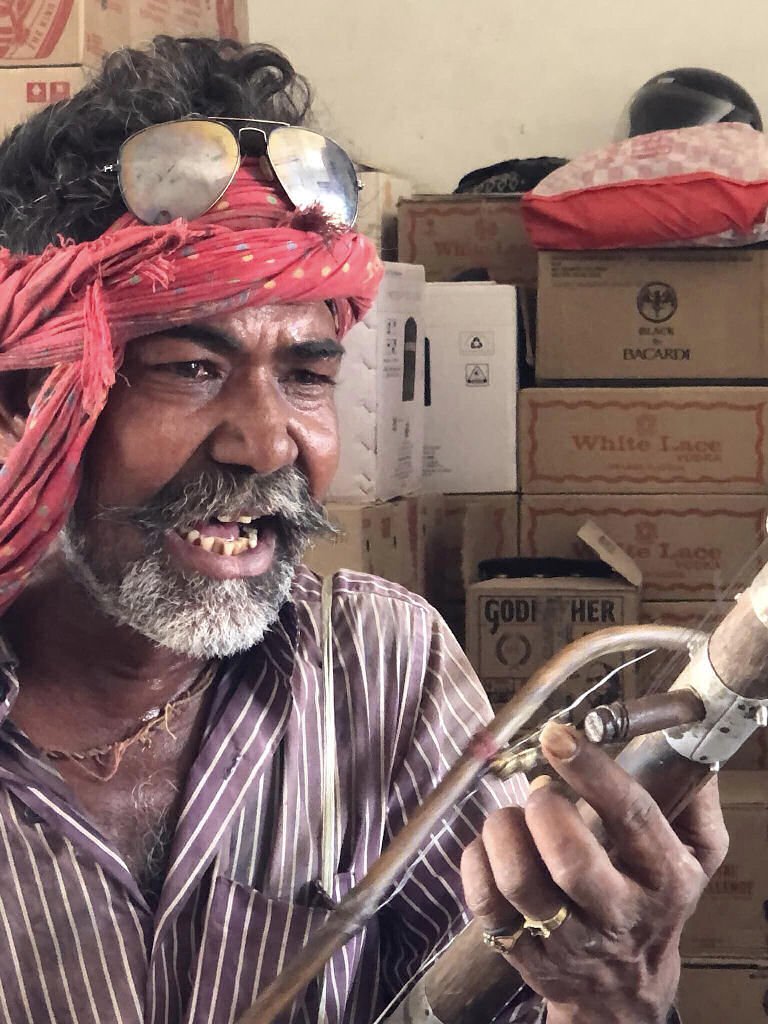
It was my curiosity of these musicians, with their ancient violin and hypnotic dance that got me talking to Raju, a local gypsy. I had already witnessed an impromptu performance in the back of the bottle shop on the outskirts of the village and I was keen to learn more. So, I would sit for a few afternoons on the little benches by the side of the road, having chai and chatting with whoever was passing by. Raju is a Bhopi folk musician who would walk an hour each day to sell his hand-crafted instruments on the streets of Pushkar, and over a 7 rupee chai, he would explain about his family and his culture, and give me some short lessons on how to play.

On the morning I was set to leave Rajasthan for New Delhi, I caught up with Raju to say goodbye. Having a few hours to kill, he invited me and my friend Nikita, out to visit his family and to have lunch with them in their desert camp on the edge of the village. We were met by a crowd of excited, curious children, with cheeky faces, shoeless feet and unkempt hair, but with the most beautiful big smiles and brilliant white teeth, and bursting with that wonderful energy and freedom that comes only with youth.
Raju lives out here with his wife, their five children, his father and his sister, and they lived together under a piece of torn tarpaulin held up with some branches and ropes. They owned nothing much more than the clothing on their backs, a few pots and buckets for collecting water and cooking on, a small runt goat and a very excitable puppy.
But despite having almost nothing, the family and their children seemed happy and at peace with life. The children beamed and giggled and peered at us with their beautiful brown eyes and played with the puppy or chased the neighbouring chickens. The eldest daughter who looked no older than 10, went off to the well and carried back her weight in water in an enormous vessel on her head, gracefully balanced and treading lightly on bare feet across the burning hot sands.
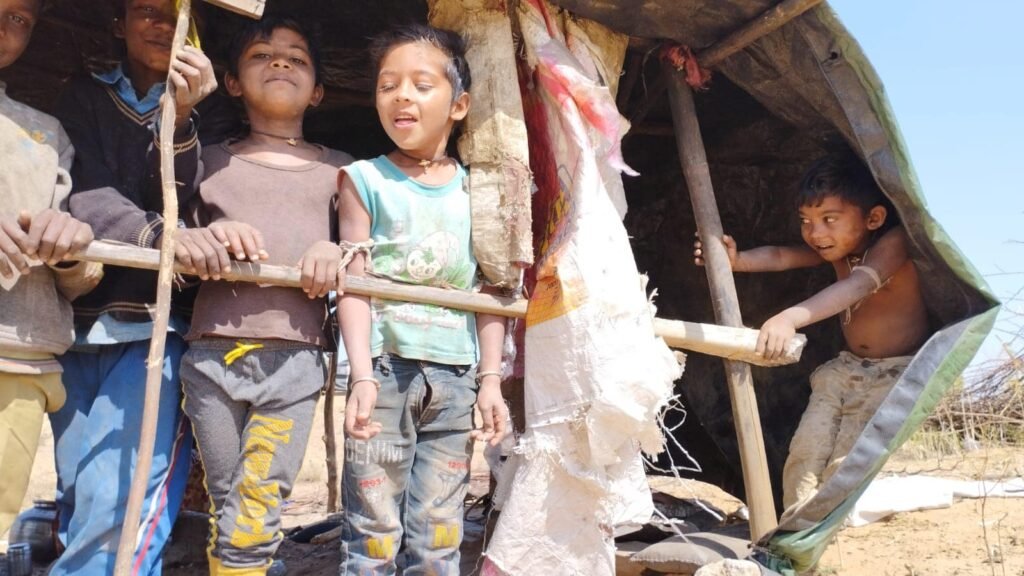
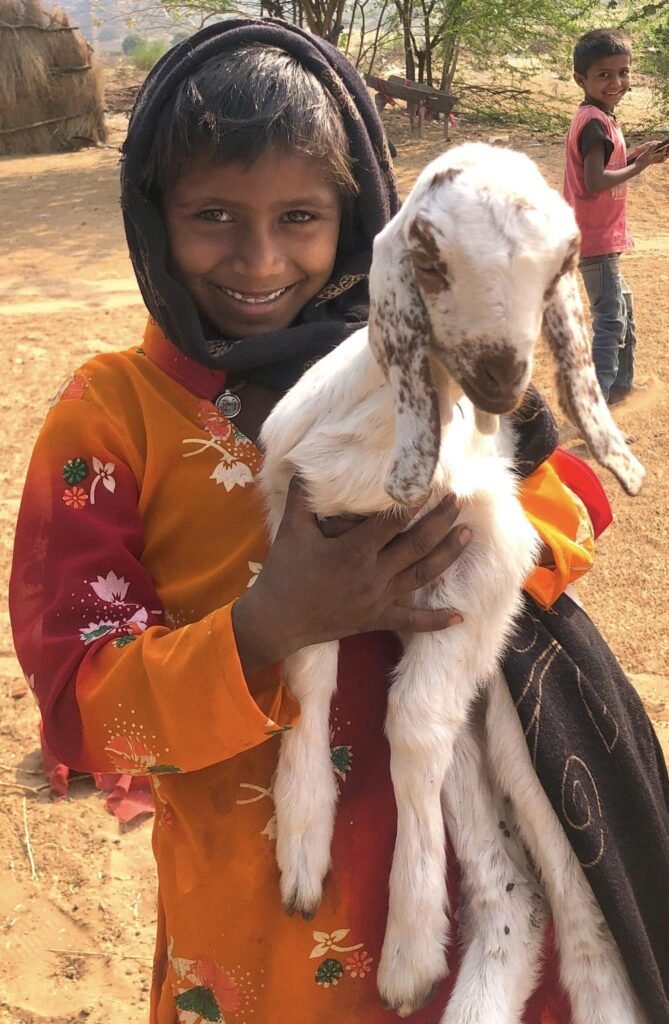
I wanted to help his family in some small way before I left, and so I asked Raju to take us to the local goat farm who had a makeshift shed (also constructed from branches and tarp), under which milled some dozen goats of various shapes and sizes. After much ado, we settled for a healthy, medium-sized, female goat with tan and white markings, a very cheeky face, large long ears and a bundle of energy. And after some attempt at bartering out in the middle of the desert, we agreed on the fee of 6000 Rp and then, just like that, we were handed our very own lively goat whom the children decided to name ‘Teri’ in my honour.
Raju’s beautiful wife, dressed in colourful Rajasthani silks skilfully prepared dhal and chapatis on an open fire she built with her sister. Raju took to work peeling two full bulbs of garlic whilst Nikita entertained the children and I played with the four-leggeds. Raju explained that they would stay in this camp until they were moved on, and then the whole camp would leave together, by foot, and wander until they found a new spot to settle. Sometimes they could stay one or two months but this time they had been lucky and had been there almost a year. However, the land owner was building a hotel very nearby and he suspected their time there was coming to an end.

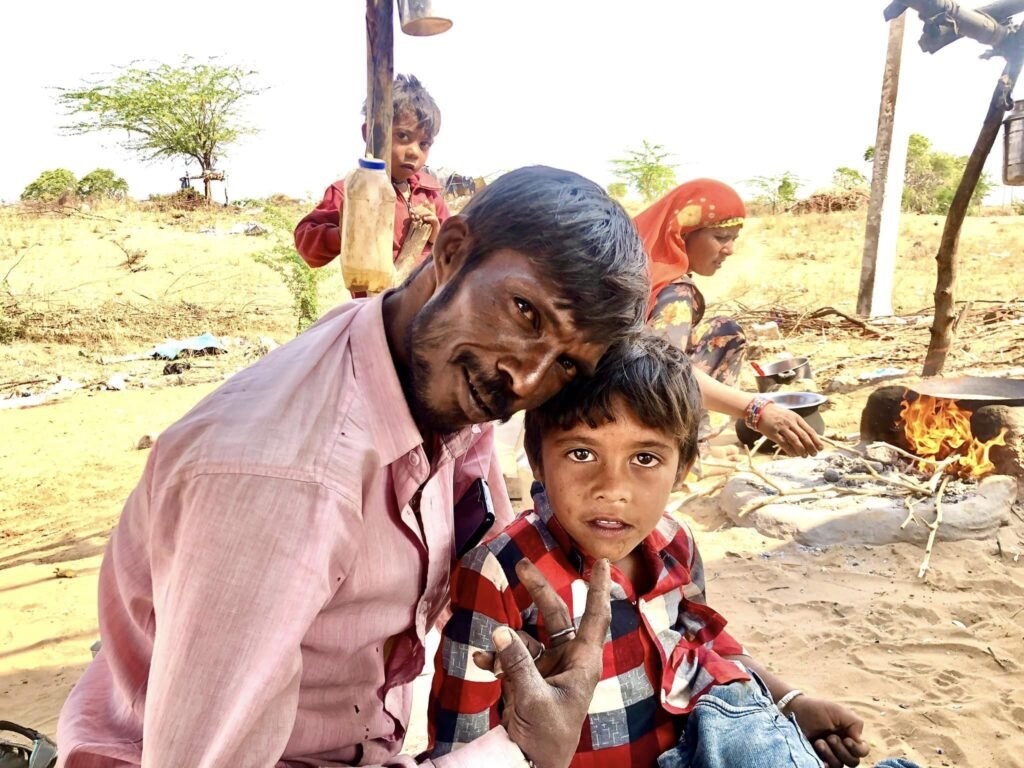
The dhal was served to us on metal plates and was incredibly spicy and garlicky, the rotis were fresh and hot, and we washd it all down with tasty masala tea prepared over the fire from the well water. It was an absolutely delicious meal and I felt humbled and honoured to be sharing with them when they had so many mouths to feed.
They presented us with some beautiful flowers and a bracelet as a thank you for the goat, and we entertained the children while Nikita played her flute, until it was time to say our goodbyes and head back into town.
Although Raju and his family cannot read and write, technology has allowed us to remain in contact with voice notes, as we hope to remain friends and return one day to their desert home. It was a truly beautiful and unique experience to see how these humble and gentle people live here in the harsh environment of the Indian desert, and yet with very little they are happy and without complaint.
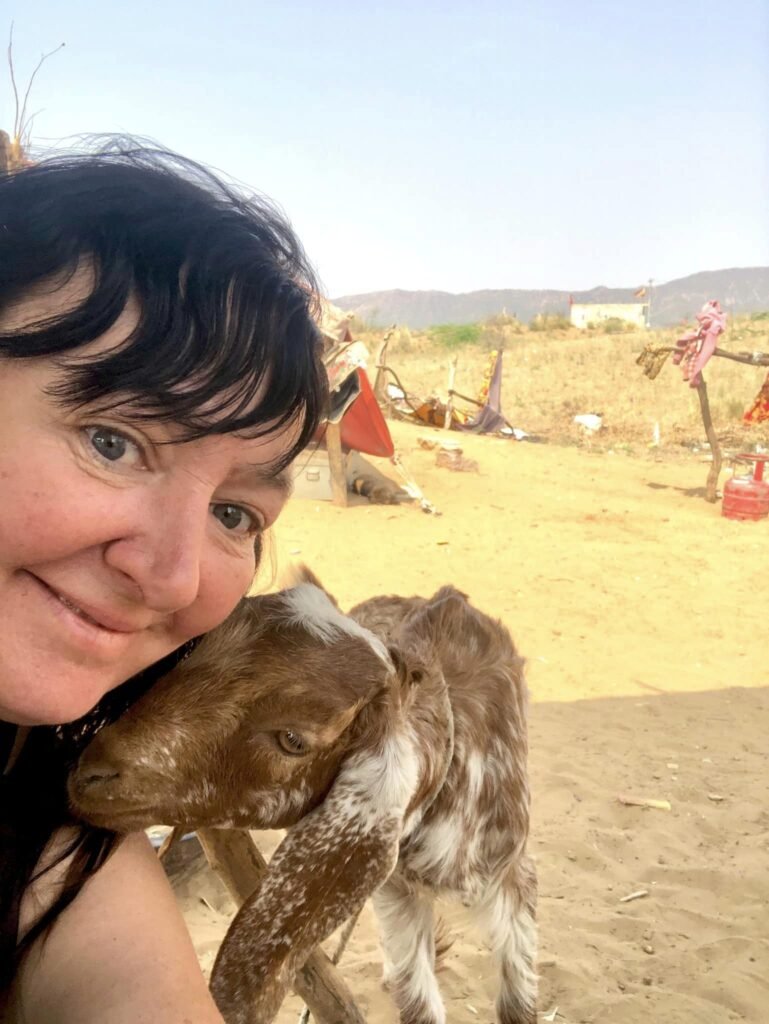
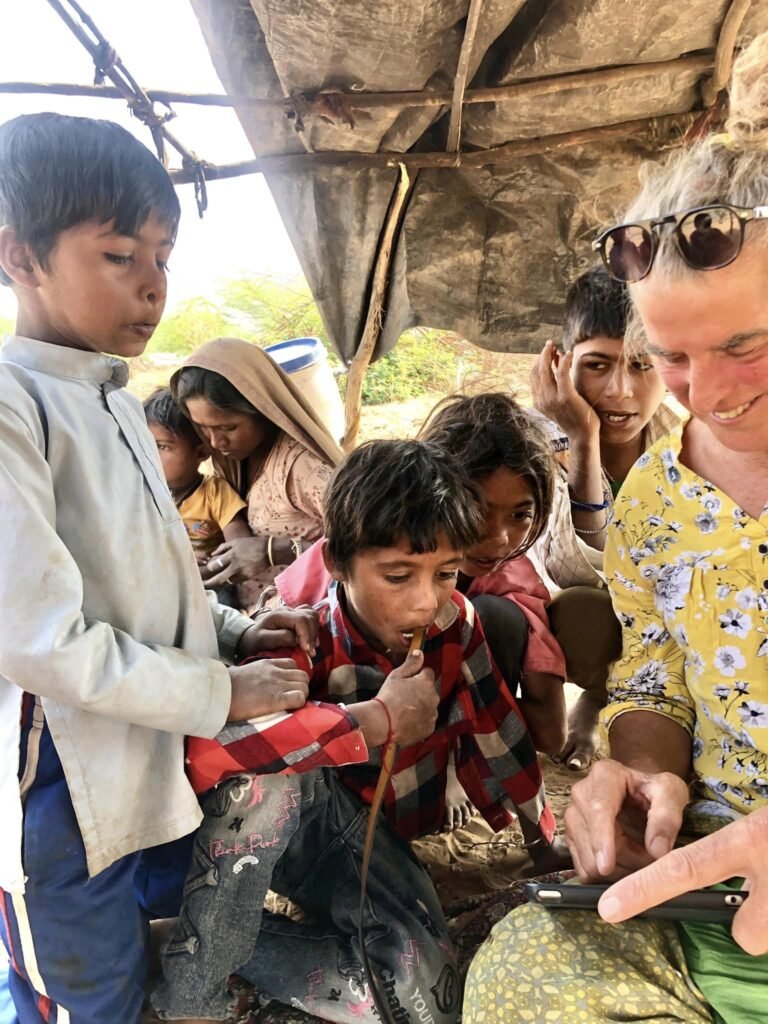
Raju hopes one day to send his children to school, he acknowledges the difficult life as a musician and like every parent hopes for things to be easier for his children. And this leaves me with a sadness as I catch my train to Delhi, sitting in a comfortable, clean cabin, where I am served a hot meal and drink from a plastic bottle. It is apparent how much our choices impact on the damage we inflict on this planet. Widening the gap between rich and poor, and destroying our beautiful world to feed our demand for saiety and modern convenience. And it is evident that we have no choice but to make positive changes if we want to continue our life on this planet.
This random encounter with a street seller, and a glimpse into his life was an education, not only to etch a beautiful memory in my life, spending time in a culture I knew nothing about. But to understand with more clarity the impact of our choices and our responsibility to make the world a fairer place for everyone.






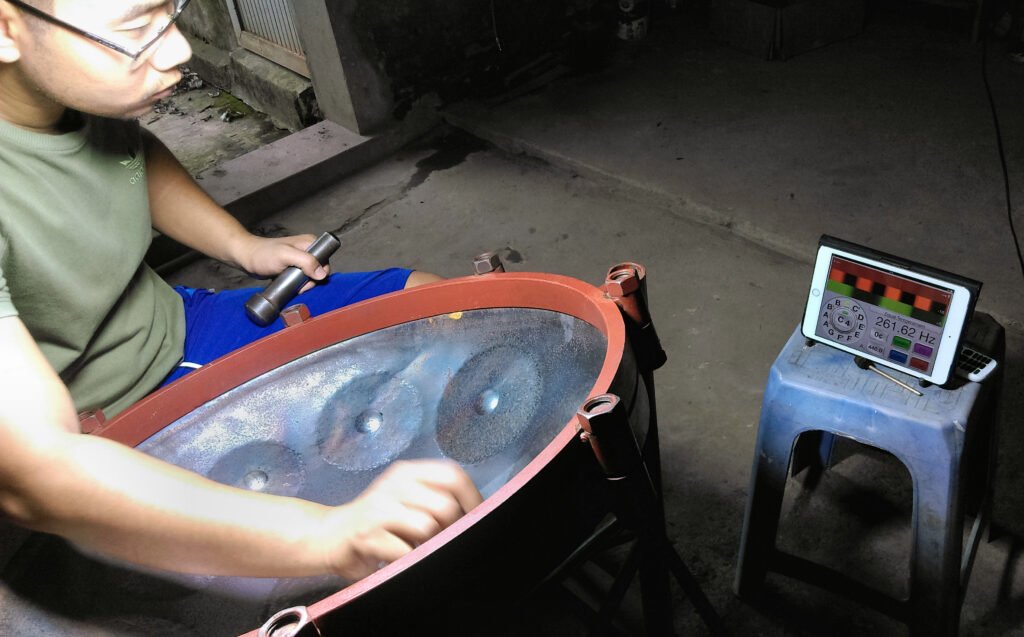



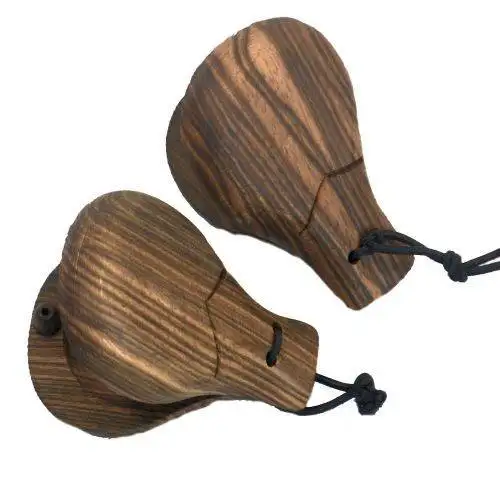


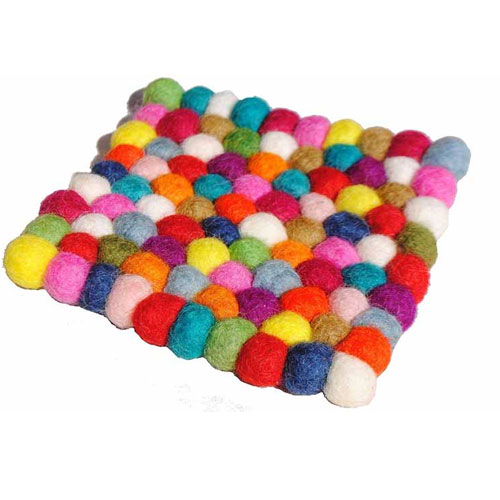

 Mens Costumes
Mens Costumes Football Shirts
Football Shirts Mens Hoodies
Mens Hoodies Mens Ponchos
Mens Ponchos Shirts & Tees
Shirts & Tees Mens Socks
Mens Socks Dungarees & Trousers
Dungarees & Trousers Womens Clothing
Womens Clothing Ladies Dresses
Ladies Dresses Ladies Headwear
Ladies Headwear Ladies Hoodies
Ladies Hoodies Socks & Legwarmers
Socks & Legwarmers Tops & T-shirts
Tops & T-shirts Trousers & Dungarees
Trousers & Dungarees Yoga Bags
Yoga Bags
 Bracelet
Bracelet Pendants
Pendants Bamboo Products
Bamboo Products Crafted Signs
Crafted Signs Cushion Covers
Cushion Covers Door Curtains from Nepal
Door Curtains from Nepal Driftwood Items
Driftwood Items Ethnic Pipes
Ethnic Pipes Fireplace Items
Fireplace Items Garden Items
Garden Items Kitchenware Bar
Kitchenware Bar Handmade Lighting
Handmade Lighting Tribal Masks
Tribal Masks Handmade Ornaments
Handmade Ornaments Handmade Stationery
Handmade Stationery Handmade Tableware
Handmade Tableware Handcrafted Woodcrafted
Handcrafted Woodcrafted Outdoor Games
Outdoor Games
 Handmade Drums
Handmade Drums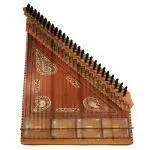 Kanun | Qanun
Kanun | Qanun Sitar
Sitar Spare Parts | Replacement Strings | Accessories
Spare Parts | Replacement Strings | Accessories

 Hand Made Soap
Hand Made Soap Made by Terrapin Trading
Made by Terrapin Trading
 Felt Balls
Felt Balls Tartan Offcuts
Tartan Offcuts

